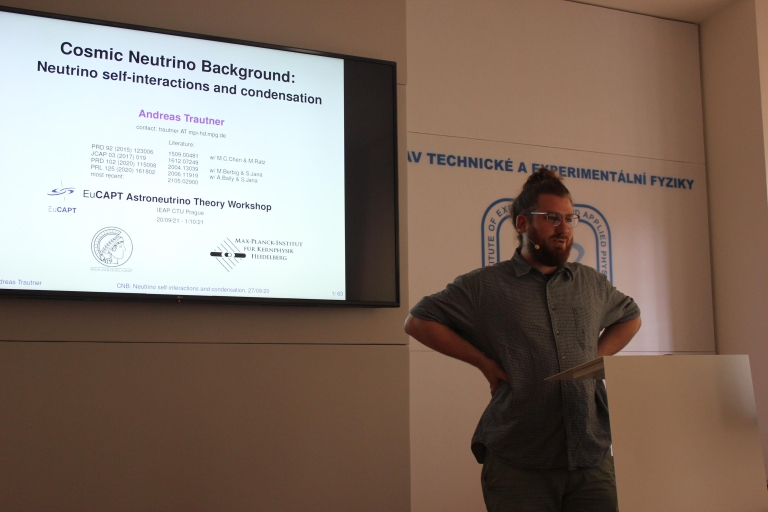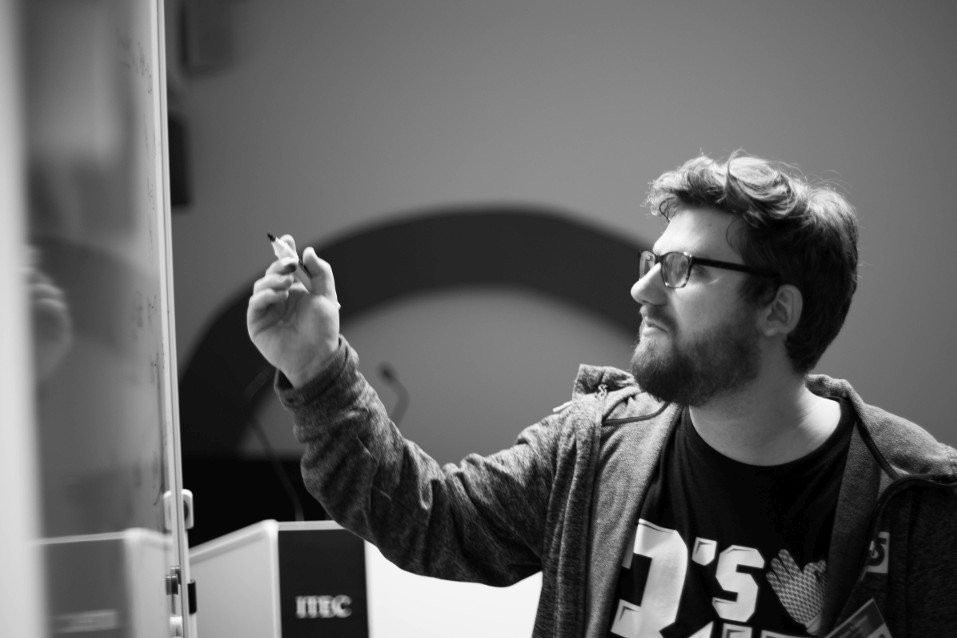


Currently I am at the Max-Planck-Institute for Nuclear Physics in Heidelberg in the Division for Particle and Astroparticle Physics.
Before that I was postdoc at the Bethe Center for Theoretical Physics at the University of Bonn.
As a visitor I spent some considerable time at UC Irvine, at CFTP Lisbon and at the Ohio State University.
I spent one year as a visiting exchange graduate student at the University of Washington, Seattle.
I finished my PhD in 2016 at the Technical University of Munich under the supervision of Prof. Dr. Michael Ratz.
Research Assistant in the Precision Muon Group of Prof. David Hertzog
Research Assistant at TUM E18 in the group of Prof. Dr. Stephan Paul.
The most fundamental questions raised by the observation of Nature include the repetition of matter generations (the flavor puzzle), the generation of large scale separation in Nature (the electroweak hierarchy problem), the reason for the accelerating expansion of the universe (the cosmological constant problem), the origin of the matter-antimatter asymmetry in the Universe, as well as the question of what makes up the Dark Matter. Hints on possible solutions might come from experimental results that deviate from our theoretical expectations such as the strong CP problem, the anomalous magnetic moment of the muon (g-2), the cosmological Hubble tension or neutrino masses. On the other hand, it seems also very plausible that our current understanding and descriptions are incomplete, and we need some technical progress on the theory side to really resolve those puzzles.
Stuff that I have particularly worked on includes:
- Origin of CP Violation and the strong CP problem
- Non-Abelian discrete R-Symmetries as flavor symmetries in Supersymmetric Grand Unified Theories
- Cosmic Neutrino Background and a potentially substantial non-thermal contribution
- Long-range neutrino self-interactions which could resolve the Hubble Tension
- Unification of flavor symmetries, CP and modular transformations in string theory
- Gauge anomalies of discrete symmetries
- Violation of lepton flavor universality in B meson decays in a Standard Model extension with a 4th (vector-like) generation
- A systematic way to construct basis invariant quantities (involving group theory and algebraic invariant theory)
- Measuring the Neutron's 2nd decay mode (Bound β-Decay — unobserved so far!)
- The muon anomalous magnetic moment (g-2), in particular the effects of Hadronic Vacuum Polarization
- Outer automorphisms, which are literally "Symmetries of Symmetries" and their implications for particle physics